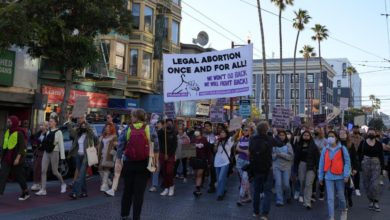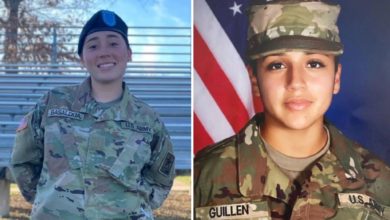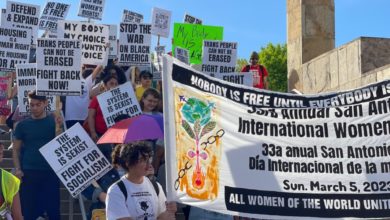The role of women in liberation struggles has long been misrepresented, distorted and almost entirely erased by imperialist versions of history. Women often become relegated to the footnotes, or, as writer Sandra Cisneros said of the search for Latina heroines, “We are the footnotes of the footnotes.”
If women are mentioned at all, it is often as victims, needing to be saved and protected. This image of rebellion and revolution—as an all-male affair—does a gross injustice to the women who risked their lives and sacrificed everything.
This “Great Men” version of national liberation and socialist revolutions also obscures their political character. Because these were life-and-death struggles animated by a higher cause of social emancipation, they often shook up traditional gender roles, creating opportunities for women to participate, lead, and disprove false concepts of a “woman’s place.”
This is not to say that sexism and patriarchy were eliminated in revolutionary struggles—far from it—but insofar as they united men and women as comrades with shared sacrifices and a shared vision, they provided a glimpse of the world they were fighting for.
Here are just a few examples of women on the frontlines of revolutionary struggle:
The Soviet defeat of Nazi Germany
While women played key administrative, medical and auxiliary roles in most combatant countries during World War II, around 800,000 women served in the Soviet Armed Forces in all areas, including as pilots, snipers, machine gunners, tank-crew members and partisan resistance leaders in Nazi-occupied areas. In the historic Battle of Stalingrad that turned the tide of this global conflict, the all-female 1077th anti-aircraft regiment repelled German tanks from capturing a critical factory. Soviet sniper Lyudmila Pavlichenko (pictured left) killed 309 fascist soldiers during the course of the war. The Soviet Union played the most significant role in defeating Nazi Germany, losing 27 million people in the course of the war.
Women in the Cuban revolution
Not only did many women fight in the Cuban revolution, but many took leadership roles in organizing the urban underground, logistical planning and smuggling supplies to the guerrillas.
Women such as Vilma Espín, Tete Puebla, Celia Sánchez, Melba Hernández and Haydée Santamaría were among the heroes of the revolution who fought in the guerilla movement alongside Fidel Castro and others. The Cuban Revolution broke the bonds of economic exploitation under the Batista regime, and laid the groundwork for social liberation for all workers, women and men alike.
Women battle Apartheid
In 1954, the Federation of South African Women was formed in opposition to the National Party’s Apartheid regime. The FSAW represented 230,000 women. They organized government school boycotts and led a very militant transit boycott. Women also joined Umkhonto We Sizwe (more widely known as MK), the armed wing of the African National Congress, receiving the same military training and in line with the ANC’s policy of anti-sexism. South African women played leading roles on the civilian and armed side of the struggle.
Vietnamese women: decades of liberation struggle
Women played a vital role in the Vietnamese liberation movement resisting French and U.S. imperialism. The victory over the French at Dien Bien Phu is said to have involved thousands of women, and the prolonged war for liberation also liberated Vietnamese women from centuries of Confucian influence that had made them second-class citizens. In the Paris peace talks between the Vietnamese and the United States, Madame Nguyen Thi Binh headed the delegation for the National Liberation Front of South Vietnam. Revolutionary women across the world adopted the chant, “Dare to struggle, dare to win. Live like her, Madame Binh!”
Palestine’s heroic women warriors
Palestinian women’s resistance to occupation took many forms over the course of decades. In 1929, the first Palestine Arab Women’s Congress was held in Jerusalem, drawing over 300 delegates from around the country. These women left the traditional confines of home and fields to demand freedom for Palestinian political prisoners, an end to arms purchases by the Zionists and independence for Palestine. In 1969, Leila Khaled became internationally known for hijacking a plane, injuring no one, to demand international attention to the plight of the Palestinians. In the 1987 Intifada, women played prominent roles in leading demonstrations, setting up popular relief committees, and most notably in initiating and sustaining boycott campaigns against Israeli products in Gaza and the West Bank.






